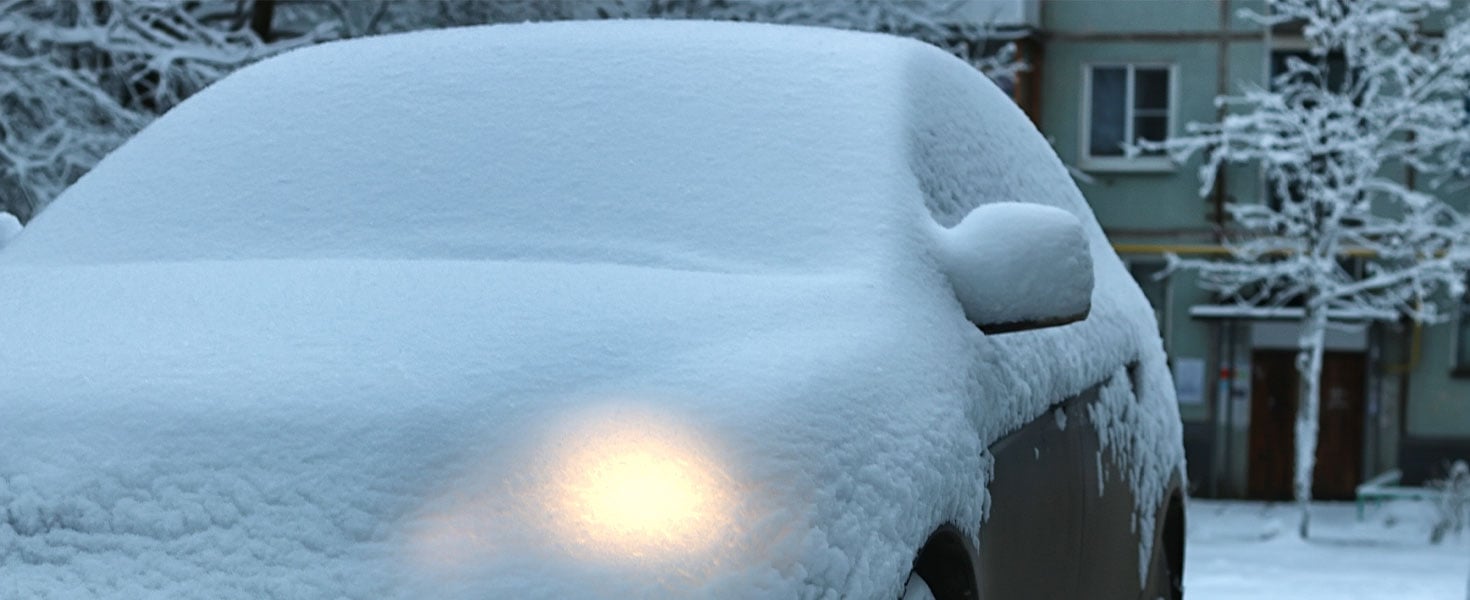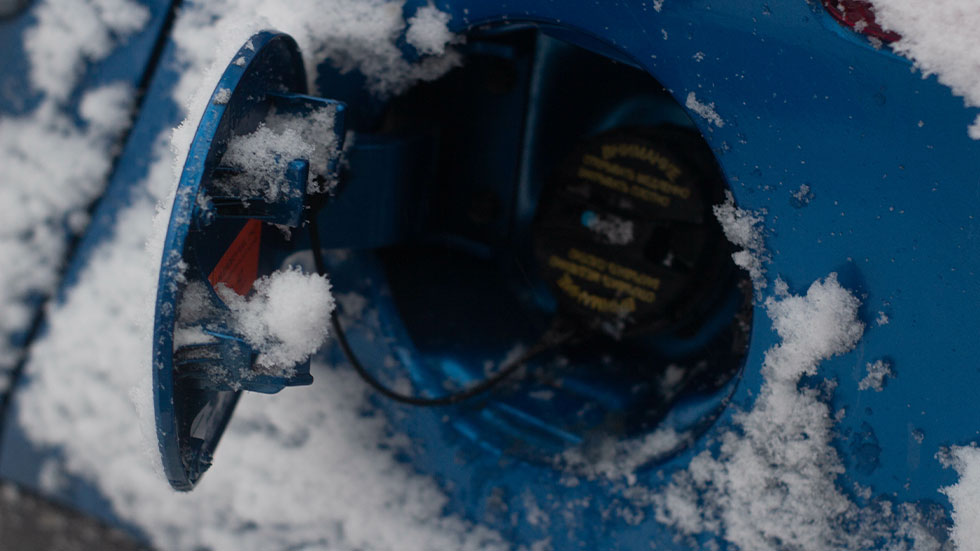

When harsh winter temperatures come crashing down in our area, it's not uncommon for vehicles parked outside to experience some issues when it comes to getting started and running. From frozen door handles to drained batteries, frigid temperatures in the winter can wreak havoc on your daily routine, adding extra time to your commute as you deal with defrosting your car.
CAN GASOLINE FREEZE AT SUBZERO TEMPERATURES?
Many drivers wonder if their gasoline can freeze if temperatures in their area get low enough. While not impossible, the chances of your gasoline freezing in your tank are slim to none. This is in part because the freezing point of gasoline is between -40F and -200F, depending on their formulation. Each oil company that sells gasoline at their pumps includes proprietary additives, cleaners, and other chemicals that make their fuel unique. This unique blend in each gasoline type accounts for the wide range of freezing temperatures.
While completely frozen gasoline is not likely to ever be a problem for you, your gas may experience some issues in extreme temperatures that can render your car sluggish or keep the engine from running until things have warmed up a bit. Below we'll look at some common issues gas may have when temperatures drop below zero.

CONDENSATION IN THE TANK
Many experts recommend that prior to large, frigid temperature drops, drivers fill their gas tanks to at least halfway full. While it's nearly impossible for the gas inside your tank to freeze, the air left inside your gas tank has moisture in it. If temperatures drop low enough, it could cause that moisture to crystallize, falling into your gasoline and potentially clogging your fuel filter.
CRYSTALLIZATION OF THE GASOLINE
While gas may not freeze very easily, the specific elements and additives of each gasoline may enter the early stages of crystallization under the right conditions. The most common example of this is coagulation of fuel within the fuel lines in extremely low temperatures and usually once a vehicle is running and generating heat, this won't be an issue.
CLOGGED FUEL FILTER
Even if the impurities in your fuel don't clog your fuel filter, when those impurities freeze or begin to coagulate in freezing conditions, they can easily do just that. If you notice your engine has difficulty starting, running, or provides sluggish power under freezing conditions, this can be a symptom of a clogged fuel filter.
In closing, if you’ve ever worried on a cold winter night at what temperature does gasoline freeze, the good news is that it likely won’t ever get cold enough where you are for it to be a problem. But, if it’s cold enough that you’re thinking about it, parking in a garage or other shelter may help you avoid some of the vehicular annoyances subzero weather can bring.
